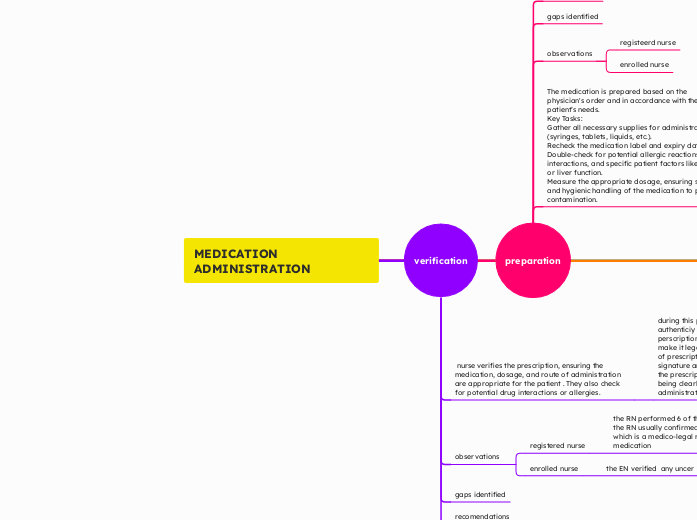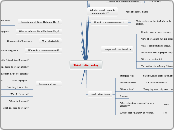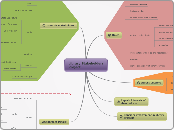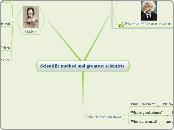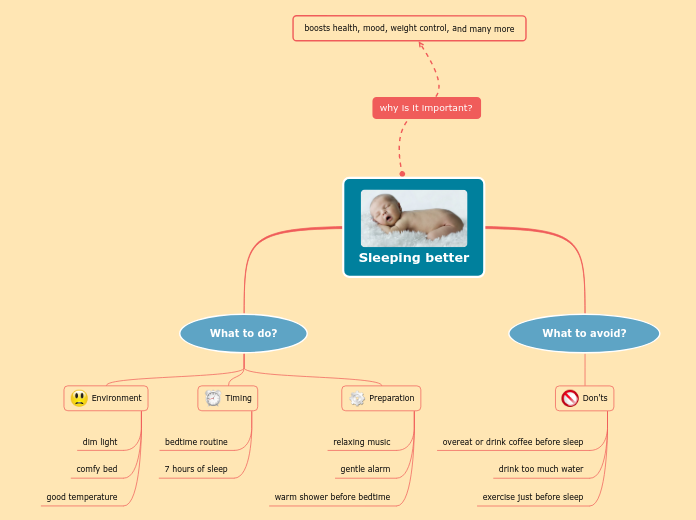MEDICATION ADMINISTRATION
documentation
nurse documents the time, dose, route, and any observations after the medication is given, ensuring accurate medical records.
recommendations
administration
recommendartions
The medication is administered via the prescribed route (oral, intravenous, etc.) following proper techniques.
preparation
The medication is prepared based on the physician's order and in accordance with the patient’s needs.
Key Tasks:
Gather all necessary supplies for administration (syringes, tablets, liquids, etc.).
Recheck the medication label and expiry date.
Double-check for potential allergic reactions, drug interactions, and specific patient factors like renal or liver function.
Measure the appropriate dosage, ensuring sterile and hygienic handling of the medication to prevent contamination.
observations
registeerd nurse
recomendation
verification
recomendations
gaps identified
observations
enrolled nurse
the EN verified any uncer
registered nurse
the RN performed 6 of the 7 rights of medication. the RN usually confirmed patient by bed placement which is a medico-legal risk of administering medication
nurse verifies the prescription, ensuring the medication, dosage, and route of administration are appropriate for the patient . They also check for potential drug interactions or allergies.
during this process the prescription chart authenticiy is verified by ensuring that the perscription has all the required components to make it legal. this includes a written date and time of prescription, the prescribing doctors name, signature and practice number, the legibility of the the prescription the dose, route, interval and time being clearly indeicated for the nurse practitioner administrating
